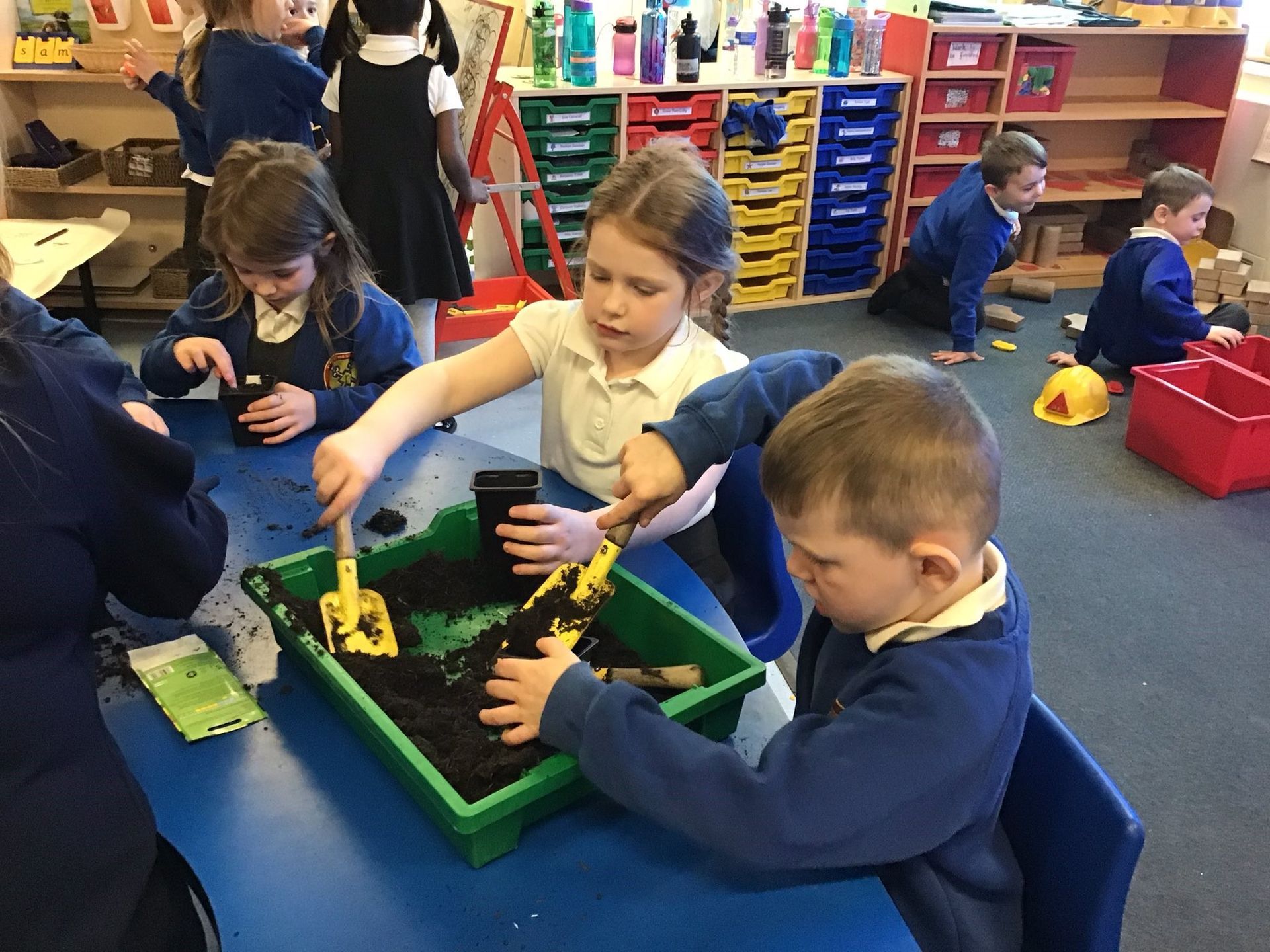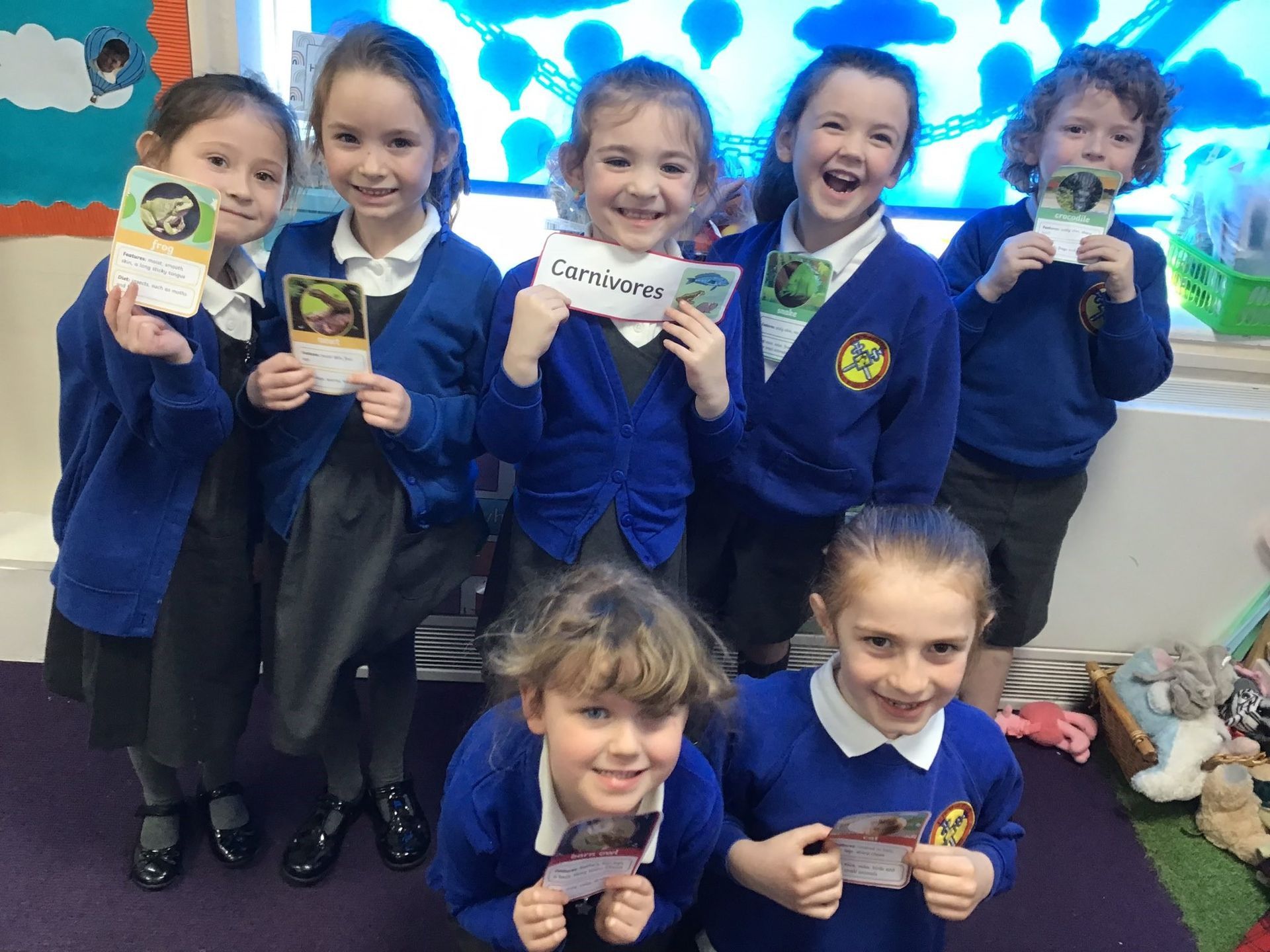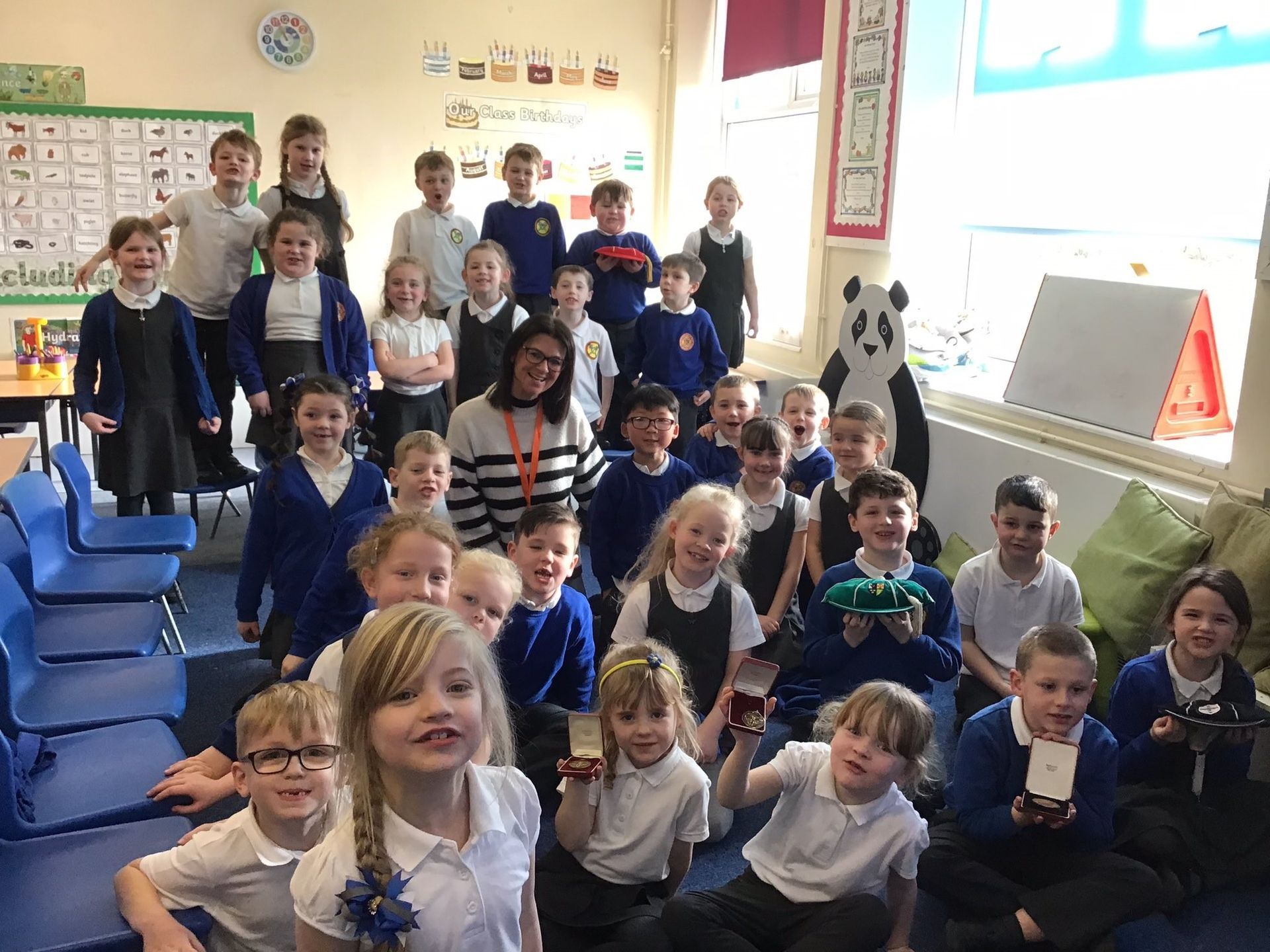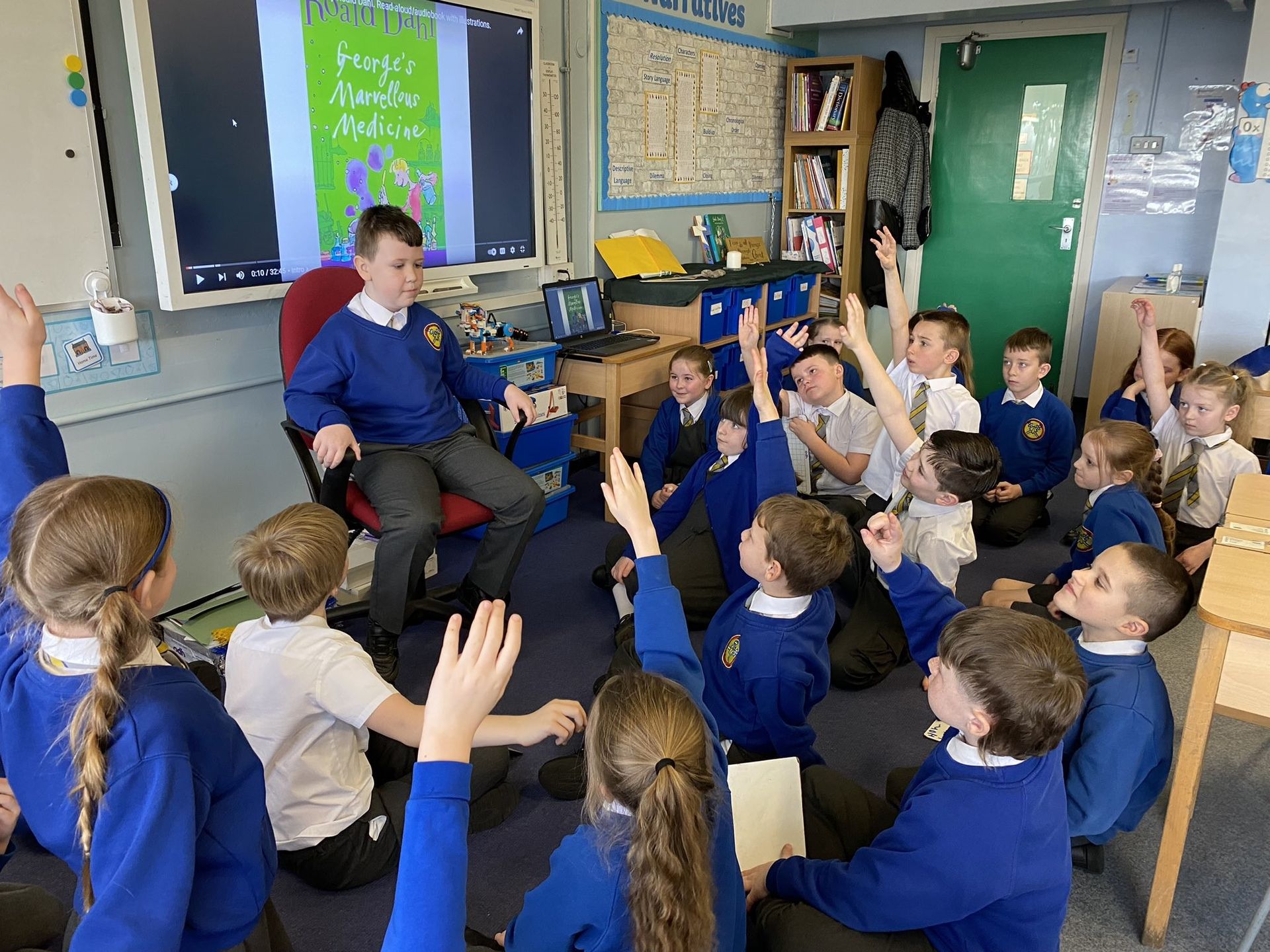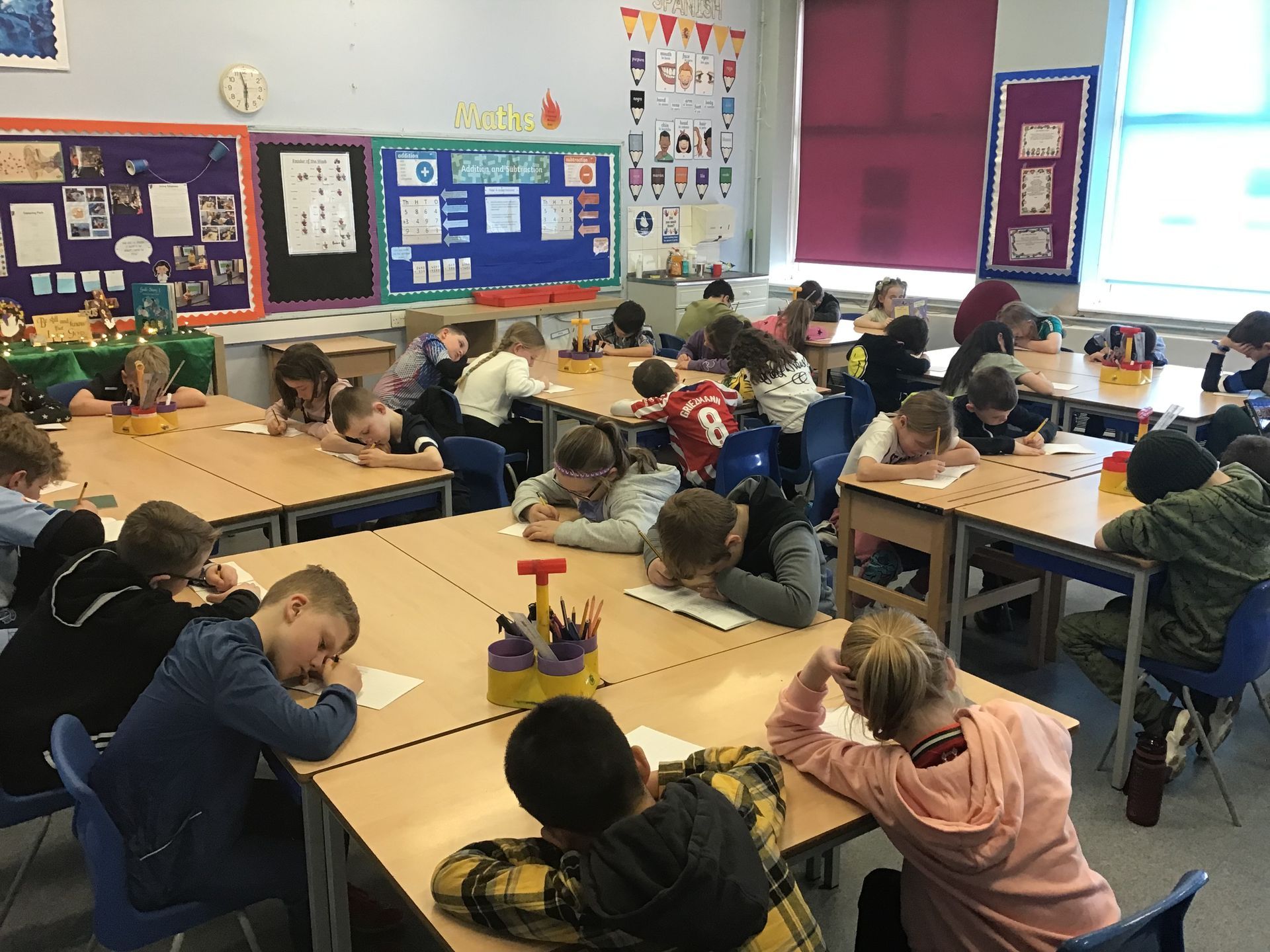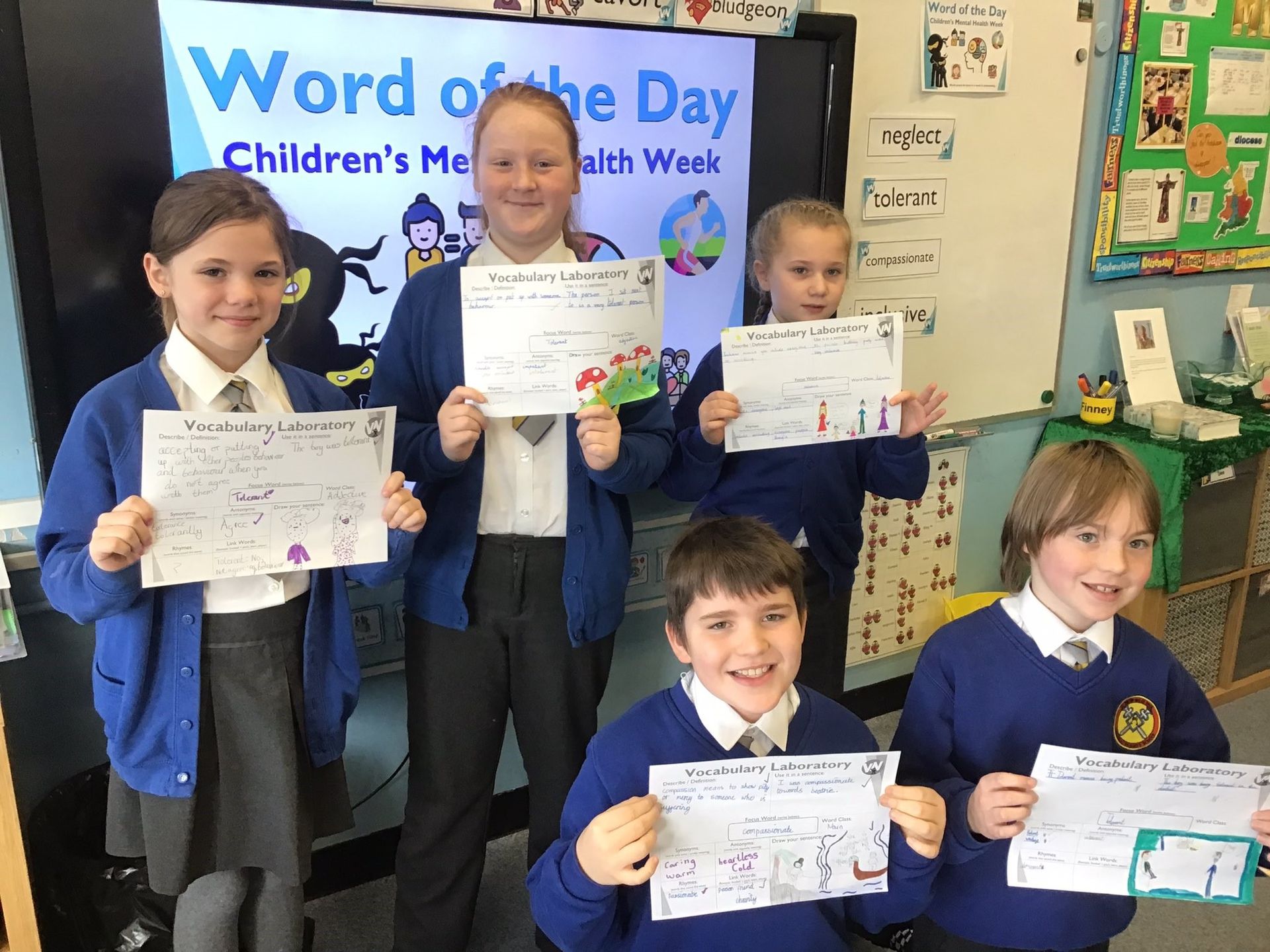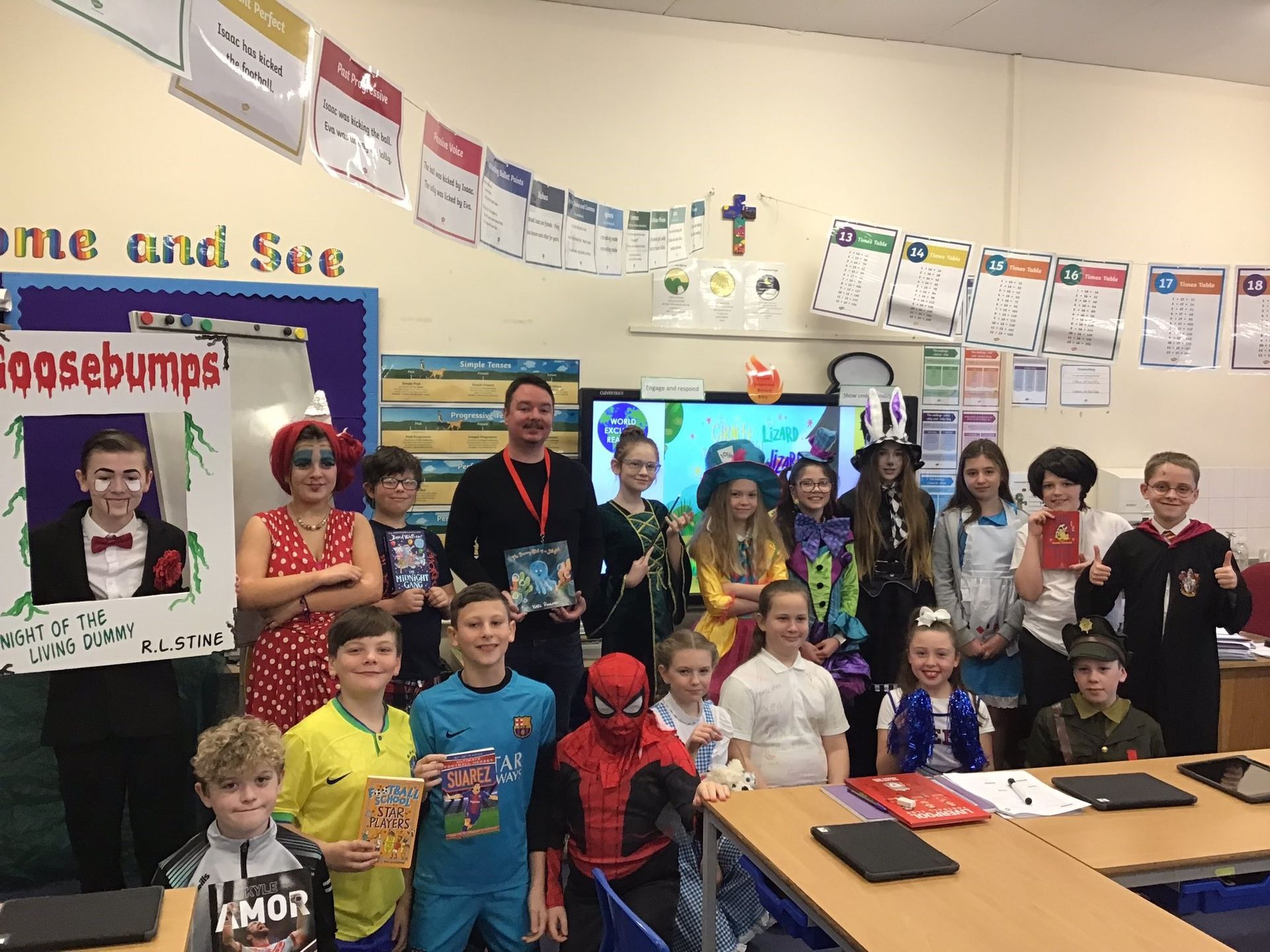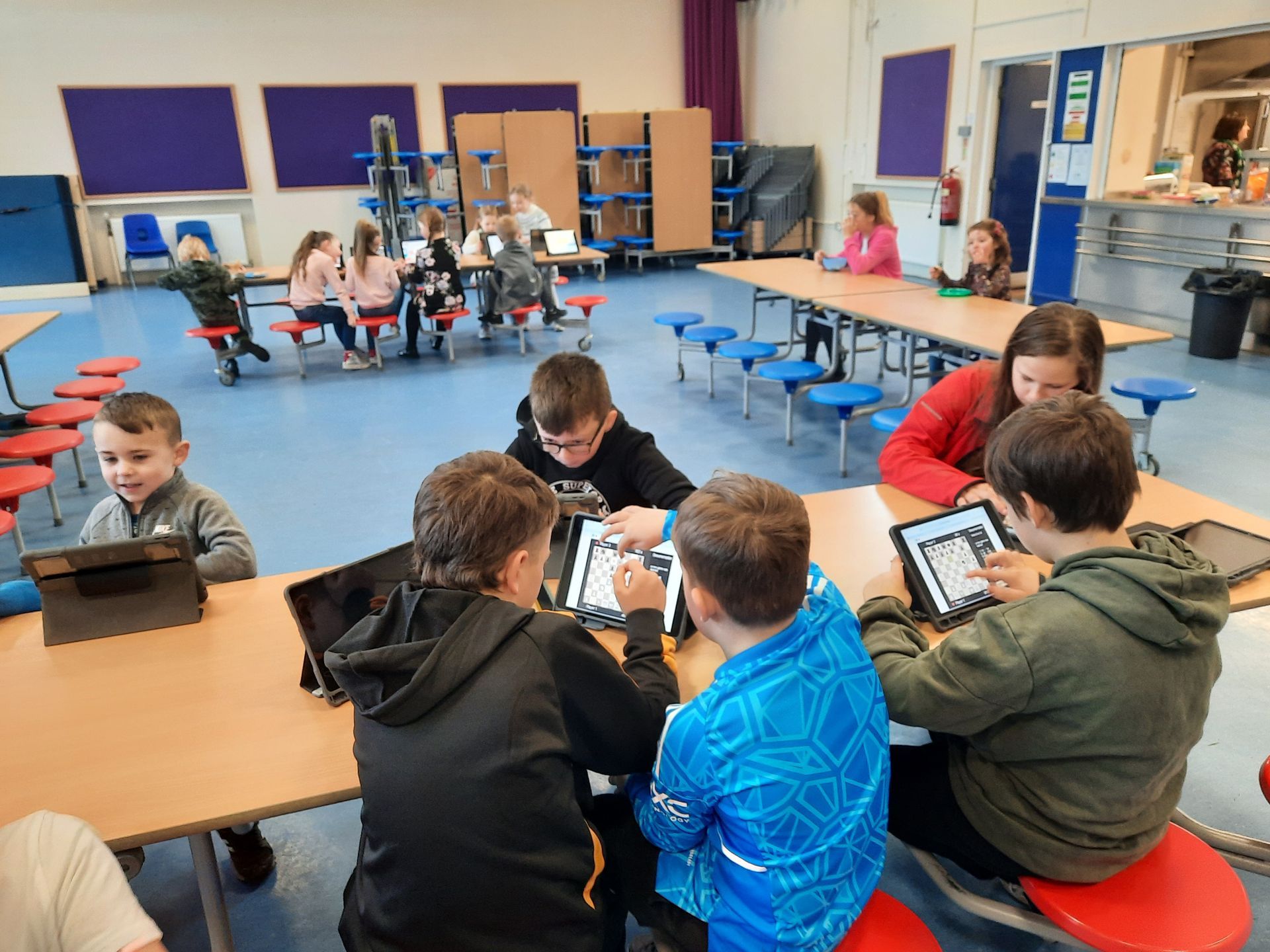History
Curriculum Intent
Through the framework of the National Curriculum 2014, history aims to:
- To enable children to ask and answer questions about the past by using a Big Question approach.
- To develop research and interpretation skills using a range of media and artefacts.
- To develop a sense of chronology and use of historic terms.
- To enable children to communicate their knowledge and understanding of History in a variety of ways.
- To study History from a variety of perspectives e.g. political, social, economic, with an awareness of the background and cultural heritage of all pupils. To identify reasons for historical events.
- To consider how and why some aspects of the past have been interpreted differently.
- To teach historical knowledge.
- To support or provide a means of enriching other areas of the curriculum when working with living things and materials and to take action to control them.
- To celebrate achievements and learning through a ‘Big Finish’.
Implementation
We believe history encompasses the acquisition of knowledge, concepts, skills and positive attitudes. Through the Programmes of Study in the History National Curriculum 2014, children will acquire and develop these skills throughout their Primary years. Emphasis is place on the development of enquiry skills and empathy, as well as on factual knowledge and language. A creative approach to the History curriculum by both teachers and children is encouraged. Links are recommended between curriculum areas wherever possible; this makes it more likely that a rich curriculum can be delivered, as well as providing a more creative, enjoyable approach to teaching and learning.
- History is taught in blocks throughout the year, so that children achieve depth in their learning.
- The Big Question/Inquiry Cycle has four stages. Further details of each stage are explained below:
- Tuning in - Students will develop some initial responses to the Big Question.
- Zooming In - You will then guide the students through a series of focused case studies which are carefully aligned to the Big Question.
- Making Meaning - students will return to the Big Question and explore how their understanding has changed and deepened over the unit. They will then apply their understanding in some kind of assessment of learning.
- Getting engaged - students will apply their learning in their own lives. They will look at real life implications of what they have learned. Trips/visits will be part of this.
- Teachers have identified the key knowledge and skills of each topic and consideration has been given to ensure progression across topics throughout each year group across the school.
- By the end of year 6, children will have a chronological understanding of British history from the Stone Age to the present day. They can draw comparisons and make connections between different time periods and their own lives. Interlinked with this are studies of world history, such as the ancient civilisations of Greece and the Egyptians.
- Cross curricular outcomes in history are specifically planned for, with strong links between the history curriculum and other lessons enabling further contextual learning.
- The local area is also fully utilised to achieve the desired outcomes, with extensive opportunities for learning outside the classroom embedded in practice.
- Planning is informed by and aligned with the national curriculum. Consideration is given to how greater depth will be taught, learnt and demonstrated within each lesson, as well as how learners will be supported in line with the school’s commitment to inclusion.
- Outcomes of work are monitored to ensure that they reflect a sound understanding of the key identified knowledge.
- Within our knowledge-rich approach, there is a strong emphasis on people and the community of our local area.
- The Early Years Foundation Stage (EYFS) follows the 2021 updated ‘Statutory framework for the early years Foundation Stage’, which aims for all children in Foundation Stage to have a wider ‘Understanding of the World; past and present’ by the end of the academic year.
Impact
Outcomes in topic and other books, evidence a broad and balanced history curriculum and demonstrate the children’s acquisition of identified key knowledge. Children are asked what they have learned comparative to their starting points at the end of every topic. Emphasis is placed on analytical thinking and questioning which helps pupils gain a coherent knowledge and understanding of Britain’s past and that of the wider world and are curious to know more about the past. Through this study, pupils learn to ask perceptive questions, think critically, weigh evidence, sift arguments, and develop perspective and judgement. Regular school trips provide further relevant and contextual learning

